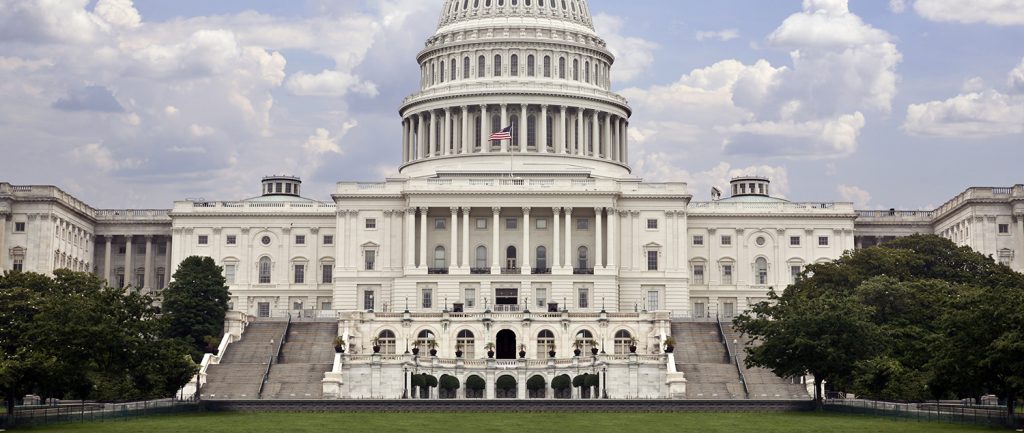U.S. Senators Amy Klobuchar (D-MN) and Chuck Grassley (R-IA) are leading a bipartisan group of 23 senators in urging the Administration to reject changes to the Renewable Fuel Standard (RFS) that would upend stability and predictability for small businesses and rural communities. Under the Renewable Fuel Standard, refiners and importers are responsible for complying with the law by either buying or blending renewable fuels. If the point of obligation is moved to retailers, it would result in a massive, costly time-consuming shift in compliance and hurt smaller businesses with few resources or no experience with regulatory programs. In a letter to the President sent last week, Klobuchar and Grassley urged the Administration to steer clear of administrative changes to the policy that would undermine the program and run contrary to its goals of promoting domestic energy independence and more choices at the pump.
“We write to strongly urge you to reject changes to the Renewable Fuel Standard that would shift the compliance requirements or the ‘point of obligation.’ We believe such changes are unwarranted and indefensible,” the senators wrote. “Many small and mid-sized retailers have no experience with regulatory programs of this nature and smaller businesses, particularly in rural areas, often have limited resources, making compliance a costly and time-consuming task. Fuel marketers, retailers, truck stop operators, petroleum producers and renewable fuel producers oppose the change because it would add complexity and uncertainty to the current program and would undermine investments that businesses have made to comply.”
“We strongly urge you to steer clear of administrative changes to the policy that would undermine the program and run contrary to your goals of promoting domestic energy independence and more choices at the pump,” the senators continued. “We look forward to working with you to ensure the RFS continues to provide the stability and predictability that is creating jobs and economic growth across the country.”
Signing the letter in addition to Klobuchar and Grassley are Senators Joni Ernst (R-IA), Debbie Stabenow (D-MI), Roy Blunt (R-MO), Heidi Heitkamp (D-ND), John Thune (R-SD), Brian Schatz (D-HI), John Hoeven (R-ND), Claire McCaskill (D-MO), Tammy Duckworth (D-IL), Sheldon Whitehouse (D-RI), Richard Durbin (D-IL), Edward Markey (D-MA), Al Franken (D-MN), Joe Donnelly (D-IN), Tammy Baldwin (D-WI), Jack Reed (D-RI), Mazie Hirono (D-HI), Gary Peters (D-MI), Jeanne Shaheen (D-NH), Jeff Merkley (D-OR) and Michael Bennet (D-CO).
As a member of the Senate Agriculture Committee and a 2014 Farm Bill Conference Committee member, Klobuchar successfully pushed for key provisions in the current Farm Bill – including measures to support rural development projects, conservation programs, agricultural research, and the Rural Energy for America (REAP) program. In January, her staff held public forums throughout the state to hear firsthand from Minnesotans about their priorities for the legislation’s 2018 reauthorization. Last month, Klobuchar held a “10-County Rural Economy Tour” across Southern Minnesota and joined with local leaders from the agriculture and business communities to discuss priorities for the 2018 Farm Bill and the economic impact of a stronger RFS.
For years, Klobuchar has led a bipartisan push for the EPA to release a stronger RFS to support American jobs and decrease dependence on foreign oil. Last November, the former Administration released a stronger final rule for 2017. The new standard will require a record amount of biofuel to be mixed into our transportation fuel supply next year. Minnesota’s twenty ethanol plants and three biodiesel plants generate roughly $5 billion in combined economic output and have made our state the fourth-largest ethanol producing state in the country.
Tags: biodiesel, RFS




